Alumni Publications
Our alumni have been busy this year writing books.
Here is a brief selection – look out for them in your local bookshop or find them online.

Forms of Modernist fiction
Derek Attridge (1966)
The formal innovations of the modernist novelists have continued to reverberate to the present day, less importantly as a matter of imitation and more as a stimulus to further innovation. Focusing on the experience of the reader in engaging with a selection of these works from around the globe, this book argues that a rigorous attention to formal features is crucial in appreciating their achievement and in understanding the impact of the early modernists on the history of the novel. Joyce’s Ulysses is given particular attention for its feats of formal invention and as an inspiration for many later writers. Among the facets of modernist writing explored are the separation of content and form, the transgression of linguistic boundaries, the defiance of lexical and syntactic rules, the deployment realist techniques to present the unreal, the political significance of literary form, and the relation between formal innovation and affect.
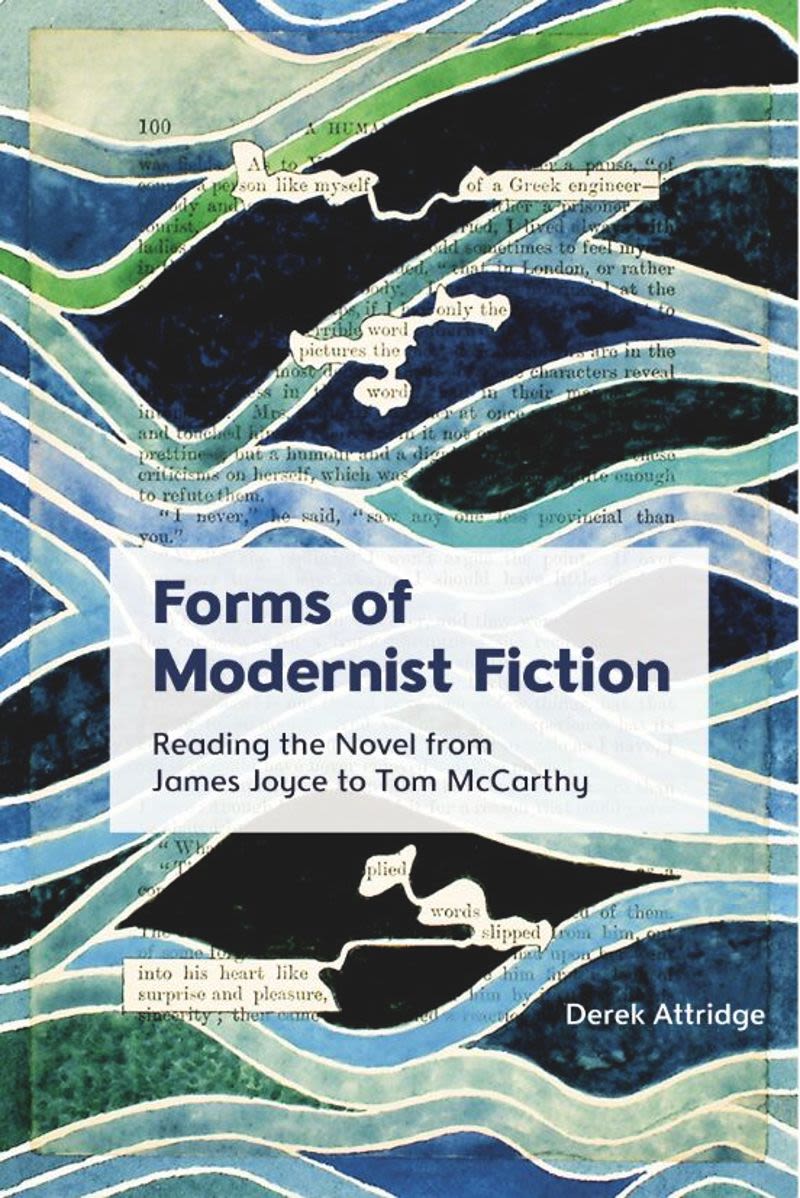
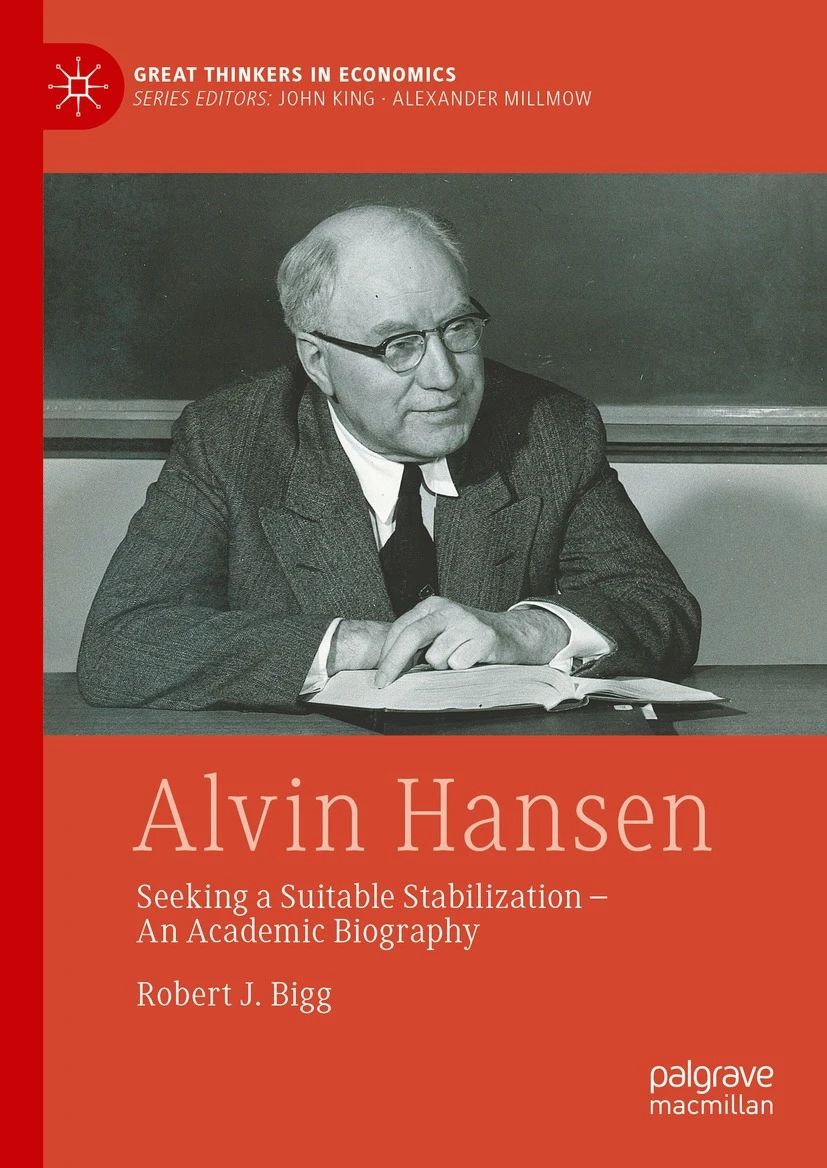
Alvin Hansen: Seeking a Suitable Stabilization - An Academic Biography
Robert J. Bigg (1975)
Hansen was instrumental in the development of American Keynesianism, social security, and full-employment policies. His was a search for practical policies that could reconcile the demands of technological progress and private enterprise with employment security and a better society. How could government policy best support a dynamic maturing economy in the face of challenges from the lack of population and territorial growth that had supported the American expansion of the nineteenth century? What was a suitable stabilisation for the new frontiers of the twentieth century shaken by war and the Great Depression? These themes, together with a wider view of Hansen’s contributions to the development of macroeconomics between and after the two world wars, are examined in the book.
Dangerous Ways
Alexander Buchanan (1959)
In August 1947, on the author's sixth birthday, he and his mother arrived from England in Tobruk, Libya. Waiting on the quay to meet them was a stranger, an officer in the British Army. This officer was his father, from whom he would acquire a sense of guilt and insecurity. But in Libya first of all, and then in Egypt, he would also come across new worlds to take hold of his imagination. The family's return to England as the 1940s ended would be followed once again by their departure and the author's own arrival at a London boarding school.Turning to others for mental and emotional support, he found it over time in teachers, fellow pupils, students, tutors, friends of his parents, colleagues or acquaintances. As a young graduate teaching in Nigeria he would be exposed to new, transformative perspectives. Later he would unravel hidden scandals in his family. The book's title alludes to the various aspects - physical and social, psychological and moral - of his discontinuous and richly complex life.
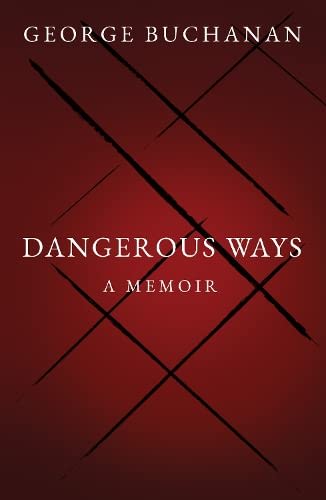
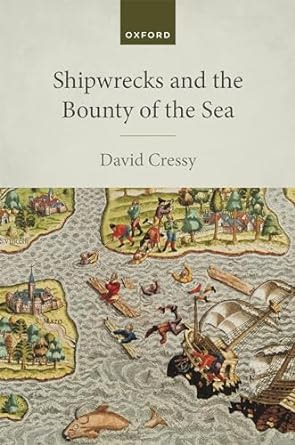
Shipwrecks and the Bounty of the Sea
David Cressy (1964)
Shipwrecks and the Bounty of the Sea is a work of social history examining community relationships, law, and seafaring over the long early modern period. It explores the politics of the coastline, the economy of scavenging, and the law of 'wreck of the sea' from the beginning of the reign of Elizabeth I to the end of the reign of George II.
Artificial Intelligence in Healthcare
Janak Guantilleke (2013)
This book describes a holistic approach to maximising the potential of AI solutions in healthcare, drawing upon academic and other published work, and practical insights and lessons learnt from industry and clinical experts. It brings together information into one place in a factual manner with supporting interviews and real-life examples.
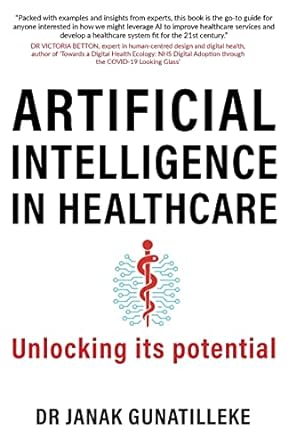
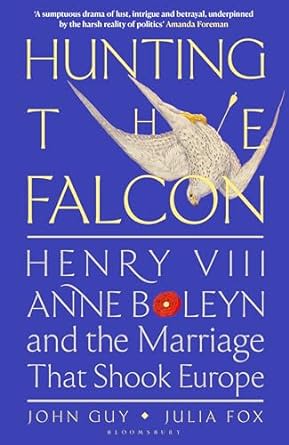
Hunting the Falcon
John Guy (1967) & Julia Fox
A new biography of Anne Boleyn and her marriage to Henry VIII, Hunting the Falcon sets the facts and some completely new finds into a wide frame, unearthing the truth about these two extraordinary lives and their tumultuous times. It pays particular attention to the seven 'missing' years that Anne spent in France, and explores how she organised her side of the royal court in novel ways that ultimately sowed the seeds of her own downfall. In this feat of historical research and analysis, Guy and Fox offer a sumptuous retelling of one of the most consequential marriages in history and an exhilarating portrait of love, lust, politics and power.
Owen Jones and the V&A: Ornament for a Modern Age
Olivia Horsfall Turner (1998)
Owen Jones (1809–1874), a prolific architect, designer, illustrator and printer, was recognised during his lifetime as one of the most influential contemporary figures in art and design theory. This insightful book, the latest in the V&A Nineteenth-Century Series, explores his relationship with the South Kensington Museum (later the Victoria and Albert Museum), from its inauguration in the 1850s through to his death in 1874. With particular focus on the creation of his celebrated volume The Grammar of Ornament (1856), his decorative scheme for the museum’s so-called ‘Oriental Court’ and the preparation of his lesser-known publication Examples of Chinese Ornament (1867), it offers a fascinating exploration of the identity of the early museum and its imperial context.


Representing the Barrios
Dr Rebecca Jarman (2005)
Based on over a decade of research conducted in Venezuela, Representing the Barrios explains how, in one of the world's most oil-rich countries, urban poverty has become a mainstay and is even used to the advantage of aspiring writers, filmmakers, and politicians. Doing so, it reveals how inhabitants of the barrios -- Caracas' densely populated urban settlements -- came to be the protagonists of the Bolivarian Revolution. The book was written thanks in large part to a Mallinson Scholarship funded by Clare College, where its author completed her PhD in 2016.
The Way of the Lord
Eugene Lemico (1969)
This unique work is not a reference tool, but a teaching-learning guide to studying the Gospel According to St. Luke. The focus is on showing how rather than on telling what. Tables followed by leading questions and statements help both faculty and students to see how the evangelist adopted and adapted his sacred texts (as well as Jewish and Greco-Roman resources) in light of his convictions about and experience of Jesus. Noticing the dominance of words, themes, and patterns leads one to discover the primary concerns of the author and his readers.


Absence
Ali Lewis (2009)
Absence is a book about nothing. Or nothings: losses, vacua, gaps.
Starting with the problem of how to represent that that isn’t there, and ending with the end of love, Absence takes in the ache for a vanished god, the permanently delayed doomsday of millenarian cults, and the overflowing life inside our seemingly empty buckets and stomachs.
Cattlebridge Charabanc
Richard Lynn (1961)
Who would travel across France and Spain in an old bus on a quest to trace the origin of an ersatz whisky bottle, with two female companions, neither of them related to him? Hugh Stebbingfold would. And did. How it all came about, the pleasures and hazards of a 1250-mile journey and its outcome - and much more besides - are recounted in these pages.
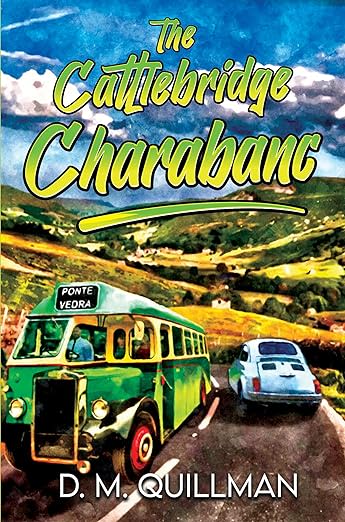
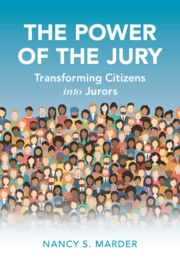
The Power of the Jury: Transforming Citizens into Jurors
Nancy Marder (1980)
Offering an alternative view of the jury process, this book argues that each stage transforms ordinary citizens, who are oftentimes reluctant to serve on juries, into responsible jurors. Jurors, Professor Marder argues, are not found, but rather they are made and shaped by the jury process. This book analyzes each stage of this process, from initial summons to post-verdict interview, and shows how these stages equip jurors with experiences and knowledge that allow them to perform their new role ably. It adopts a holistic approach to the subject of jury reform and suggests reforms that will aid the transformation of citizens into jurors. By studying the jury from the perspective of jurors, it gives readers a better understanding of what takes place during jury trials and allows them to see juries, jurors, and the jury process in a new light.
The decarbonization delusion
Andrew Moore (1990)
Why did biology choose carbon, in a variety of compounds, as its energy carrier and storage substance? From the smallest life forms, through multicellular organisms, and up to whole ecosystems, this economy of carbon compounds is fundamentally sustainable. Yet today, many are working to expunge carbon-based energy carriers from human economies, replacing them with solutions based on other elements and minerals. Instead of banishing carbon, Moore argues that we should look to life on Earth, which has used carbon in highly sustainable ways for 3.5 billion years, as a model for how humans can use carbon sustainably.
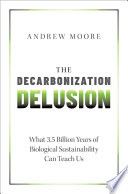
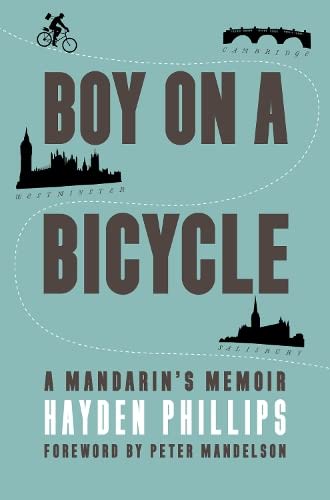
Boy on a Bicycle: a Mandarin's Memoir
Hayden Phillips (1962)
Hayden Phillips describes the career of a man who from his earliest days was connected to events that are now part of the history of British politics in the second half of the 20th century. This is a life of variety, excitement and drama that defies all the cliched ideas about those who run the country and what they do. Phillips tells an important story filled with pen portraits of politicians and others with whom he worked on a daily basis that shows us what life at the centre of power is like. It is also the picture of a talented, charming, dedicated and fortunate man who has contributed so much to our national life.
The Literacy Toolkit
Dr Amanda Sara (2009)
The Literacy Toolkit is a journey into understanding literacy in our society, its impacts upon our schools and the practical and creative strategies we can use to ensure every pupil’s literacy skills progress rapidly in all subjects. It embraces what we know about literacy learning and how we can move things forward creatively in the classroom and beyond for KS3 and KS4, so that students, learners and teachers will have a positive impact upon learning. It also embraces the notion that literacy needs to be addressed by all for all students to succeed. It looks at the key issues and alternative ways, to address them in a creative and fun but purposeful manner.
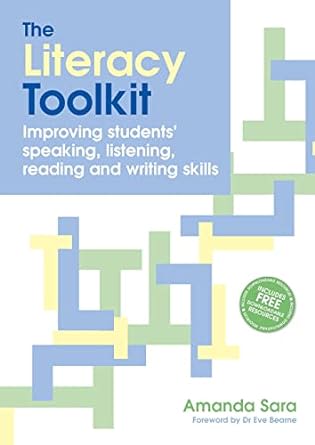
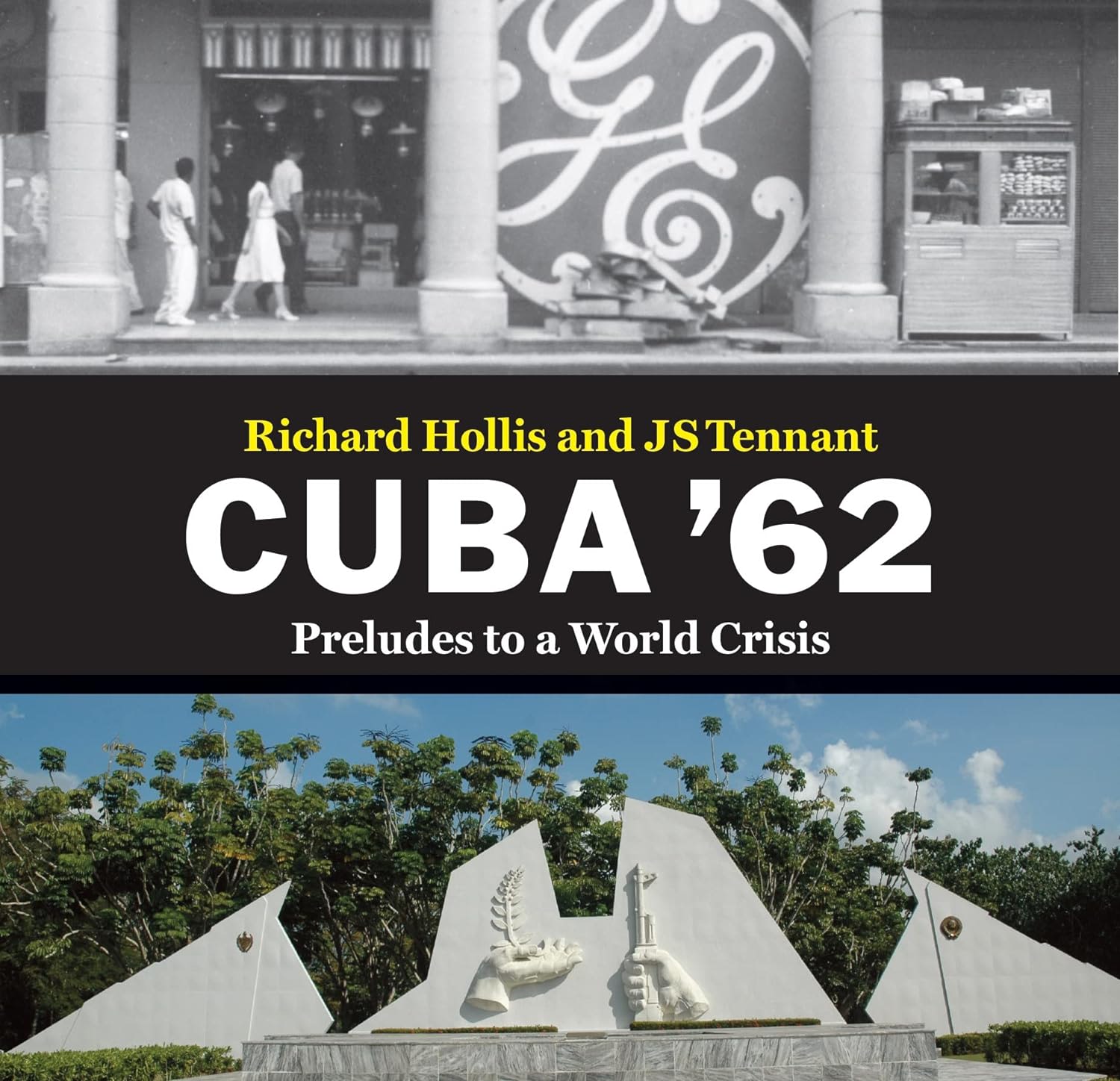
Cuba '62: Preludes to a World Crisis
Richard Hollis & JS Tennant (2016)
The thirteen-day stand-off between the US and USSR in October 1962 was the most dangerous period of the Cold War. Richard Hollis chanced to be in Cuba as the Soviet troops were arriving, documenting his experiences with a camera, through diaries and letters. Half a century later, JS Tennant visited several of the former missile bases in Cuba, collecting oral histories and photographs. This book provides the reader with a basic political context to the Missile Crisis. More than this, Cuba ’62 attempts to conjure that year through juxtapositions of text and image, past and present; it is a love song to cinema and photography and an elegy for a Cuba that no longer is
The Great Remobilization
Dr Terence Tse (2002)
Drawing from one hundred interviews and conversations with top-level executives, entrepreneurs, policymakers, diplomats, generals, scholars, and other leading experts from around the world, the authors show how to create new inclusive visions with the aim of rebuilding the trust that will allow for both human and economic growth. Insightful and forward-thinking, The Great Remobilization powerfully illustrates the rare opportunity that we have in this historic moment to actively redesign our fragile, overpressurized global systems and develop new strategies and leadership approaches for the future. Authored by three scholar-practitioners, their synthetic perspectives and insights are at once rooted in deep research and focused on relevance for leaders and their organizations.
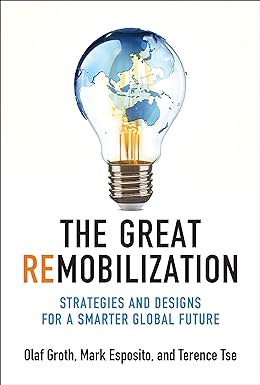
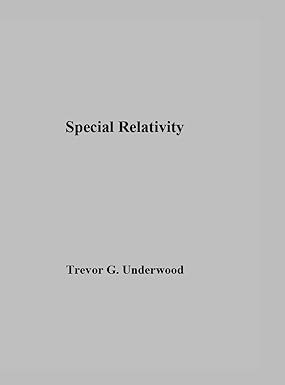
Special Relativity
Trevor Underwood (1962)
This study concludes that, quite apart from enormity of the consequences of the two postulates of Albert Einstein's theory of special relativity, taken together, including length contraction, time dilation, and the requirement to assume a point electron in the unsuccessful attempt to introduce special relativity into quantum electrodynamics, the evidence in support of Einstein's second postulate on the constancy of the speed of light is far outweighed by the evidence against it. For this reason, until more satisfactory evidence in support of Einstein's second postulate, a refutation of the Ehrenfest paradox, and an explanation for the observed Doppler red shift and blue shift consistent with Einstein's two postulates, is provided, under any normal measure of a theory in physics, Einstein's second postulate, and consequently his theory of special relativity, must be rejected.

